1. “Honey” – Bobby Goldsboro
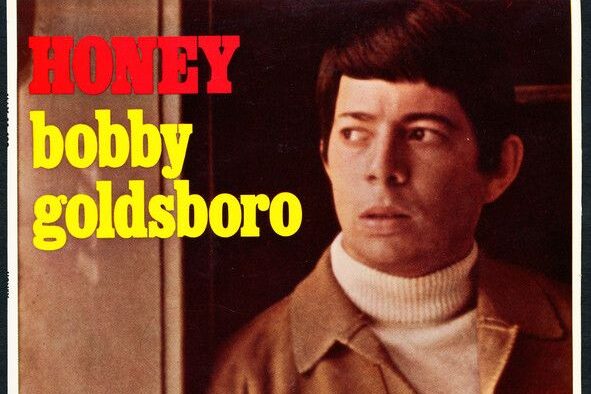
This song had everyone weeping in 1968. Bobby Goldsboro’s ballad about his wife’s death and the tree she planted was seen as touching, even poetic. But if released today, most listeners would label it overly sentimental. There’s something about the heavy-handed delivery and constant crying that feels emotionally forced. It’s like the musical version of a tearjerker soap opera. In an age where audiences prefer nuance and emotional honesty, “Honey” might come across as trying too hard. Today’s listeners are more into emotional layers than melodramatic storytelling that sounds like it came from a greeting card aisle.
2. “Dominique” – The Singing Nun

In 1963, a real-life Belgian nun singing in French about a medieval saint was an unexpected hit. “Dominique” topped charts and charmed audiences, but it likely wouldn’t stand a chance in today’s music scene. The lyrics are in French, the melody is nursery-level simple, and there’s no hook or modern flair to carry it through. NPR once called it “a novelty more than a pop record,” and that sums it up. In today’s world, where music is often driven by rhythm, edge, or relatability, this would probably leave most people scratching their heads instead of hitting repeat.
3. “Itsy Bitsy Teenie Weenie Yellow Polka Dot Bikini” – Brian Hyland
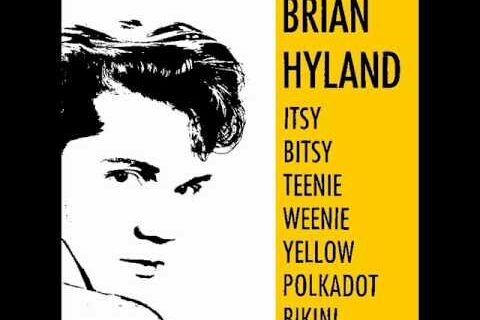
This novelty song about a girl too shy to come out of the water once lit up jukeboxes. Released in 1960, it rode the wave of beach culture and bubblegum pop. But today, it feels awkward and even a little creepy. The lyrics focus on a young woman’s body and her self-consciousness, all delivered in a peppy tone. Slate described it as “the kind of song that sounds harmless until you actually hear the words.” In today’s climate, songs like this would get called out fast. It’s one of those hits that didn’t age nearly as well as expected.
4. “Winchester Cathedral” – The New Vaudeville Band
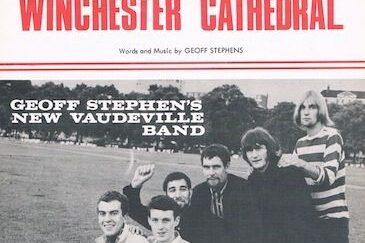
Back in 1966, this song stood out because it didn’t sound like anything else. Styled to mimic a 1920s British dance band, “Winchester Cathedral” was all brass, megaphone vocals, and vaudeville charm. It was quirky, but quirky doesn’t always age gracefully. Modern listeners would probably assume it was a parody or a skit from a comedy show. Rolling Stone once described it as “a one-trick pony with a very strange trick.” Without any lyrical depth or contemporary relevance, this track would likely get dismissed as a novelty instead of embraced as a musical throwback.
5. “Yummy Yummy Yummy” – Ohio Express
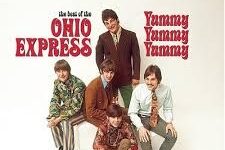
Ohio Express made bubblegum pop their brand, and “Yummy Yummy Yummy” was their stickiest piece of candy. In 1968, it was catchy and playful, but today it sounds like a parody of pop music. Repeating “yummy” over and over with lines like “I got love in my tummy,” the song comes off more like a toddler’s chant than a love song. Pitchfork once referred to it as “cotton candy without flavor.” Today’s pop is often layered with emotional depth or clever storytelling. This one, though, is so sugary it leaves behind nothing but a strange aftertaste and a raised eyebrow.
6. “Mr. Lonely” – Bobby Vinton
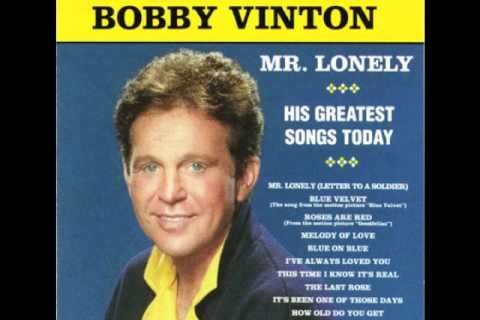
This ballad hit hard with its falsetto and soft piano lines when it was released in 1962. Bobby Vinton poured out his feelings, singing about isolation and longing. But what once felt earnest now feels theatrical. In today’s music world, audiences tend to shy away from overly dramatic expressions of emotion unless they’re wrapped in irony or innovation. The Atlantic described it as “a weepy performance that tries too hard to be taken seriously.” With its soaring falsetto and self-pitying tone, “Mr. Lonely” would likely get mocked instead of streamed. Today’s heartbreak anthems have more subtlety and strength.
7. “The Ballad of the Green Berets” – SSgt. Barry Sadler
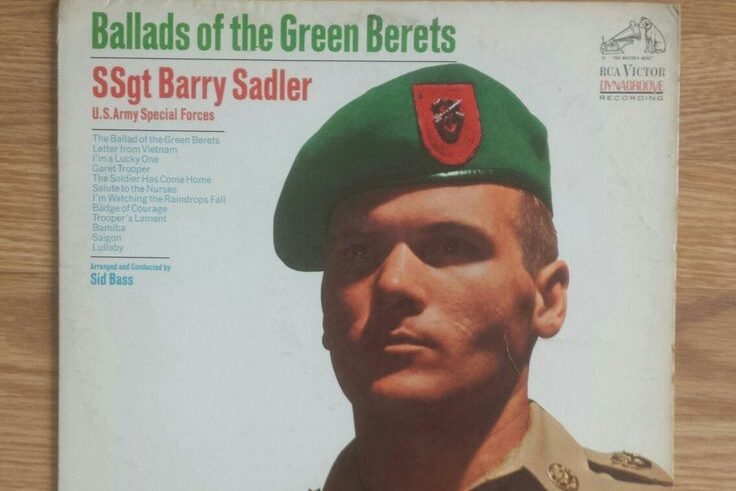
This patriotic song was a surprise hit in 1966, especially during the Vietnam War. It praised American soldiers and presented war with an almost heroic sheen. While it meant a lot to listeners then, today’s audiences often look for nuance and reflection in songs about war. NPR called it “a straight-faced salute that feels out of place now.” Its overly serious tone and lack of complexity don’t sit well with modern expectations. Songs about military service today usually offer personal stories, emotional insight, or critique. This one would likely feel too one-dimensional to resonate in the current cultural landscape.
8. “Little Woman” – Bobby Sherman
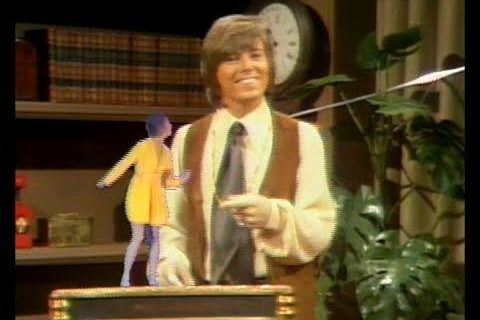
Released in 1969, “Little Woman” was Bobby Sherman’s debut hit. The title alone feels outdated now, but the lyrics really seal its fate. With lines like “be mine, little woman,” the song treats romance like ownership and sounds patronizing. Vulture once wrote that it “belongs to a time before anyone cared what women thought about lyrics.” Back then, it may have been seen as sweet or playful, but today it reads as condescending. Even if someone appreciated the melody, the phrasing would be a dealbreaker. Modern audiences expect more respectful and emotionally intelligent songwriting in their love songs.
9. “Hello Muddah, Hello Fadduh” – Allan Sherman
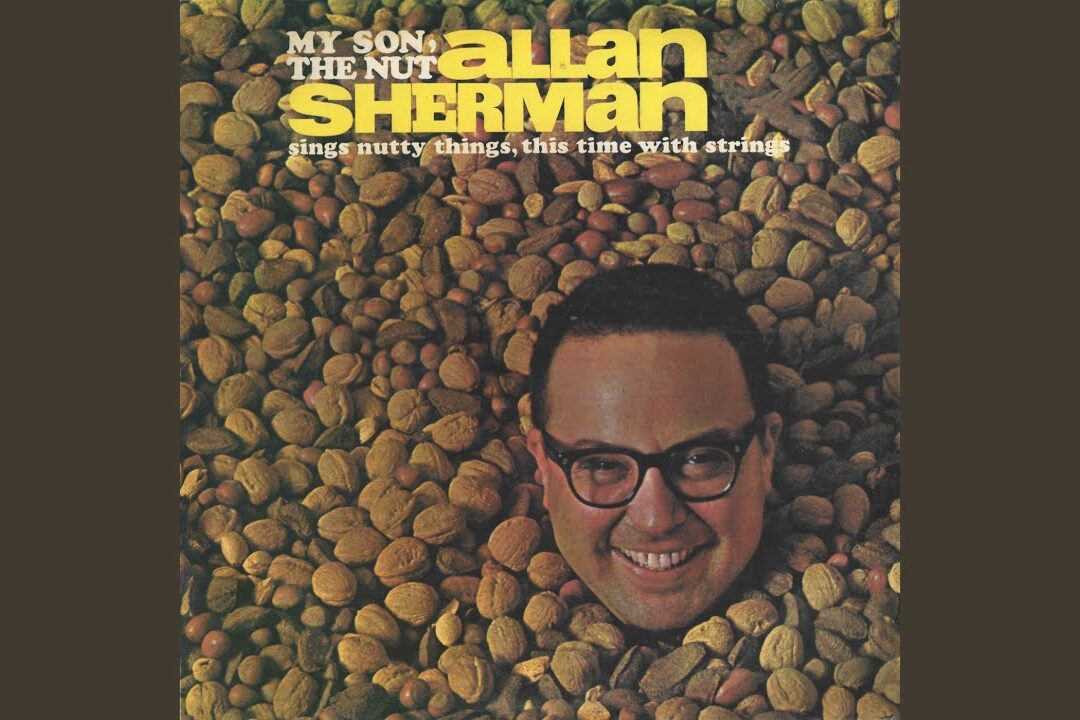
This novelty song from 1963 was built on humor. Written as a letter from a kid stuck at summer camp, it was quirky and clever for its time. But in today’s music scene, it wouldn’t get far. It’s not that funny songs don’t work now, it’s that this kind of humor feels dated. Billboard once called it “a cultural time capsule with limited replay value.” It lacks the kind of wit or relatability modern listeners expect. Most people today might listen once for nostalgia or curiosity, but then quickly move on to something with more bite or staying power.
10. “Tiptoe Through the Tulips” – Tiny Tim

Tiny Tim’s high-pitched voice and ukulele made this 1968 track memorable, if a little unsettling. The song wasn’t meant to be creepy, but it gained a second life in horror films and internet memes. The AV Club once said, “It’s hard to tell if people ever listened to this unironically.” Even if you take away the horror associations, the falsetto vocals and whimsical tone feel too strange for modern ears. It’s not weird in a good way, just off-putting. Today’s audiences might enjoy unique voices, but they also want music that connects emotionally. This one just doesn’t deliver.
11. “Kicks” – Paul Revere & the Raiders
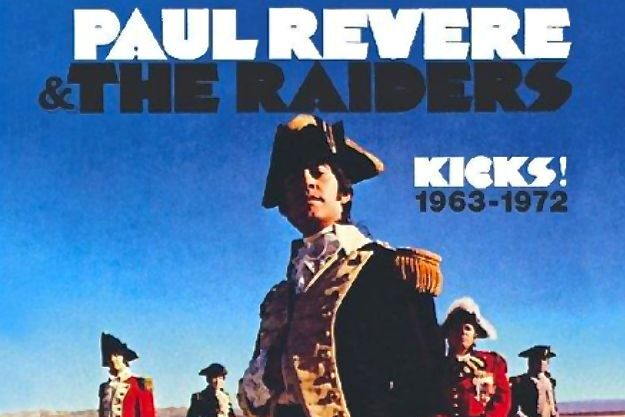
In 1966, “Kicks” was praised for its anti-drug message wrapped in a garage rock sound. It warned listeners about chasing highs and losing themselves, which seemed bold at the time. But today, its message feels too preachy without offering any emotional depth. Spin once noted that “it’s more lecture than lyrics.” Listeners now expect honesty and personal storytelling when it comes to songs about addiction. “Kicks” doesn’t offer that. It tells you what not to do without ever showing why. In an age of vulnerability in music, this one feels too stiff and disconnected to truly resonate anymore.
12. “Snoopy vs. The Red Baron” – The Royal Guardsmen
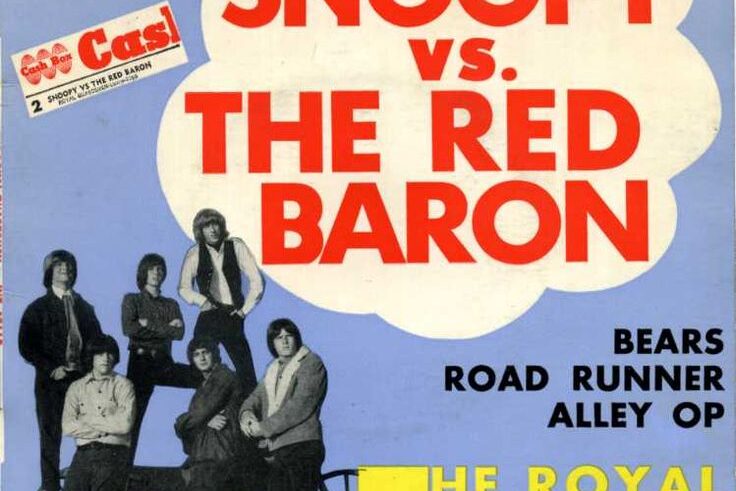
It may sound like a parody, but this 1966 hit about Snoopy fighting in World War I actually charted. Built entirely on the Peanuts comic strip and a fantasy air battle, the song rode novelty appeal more than musical merit. Paste Magazine called it “a strange combination of cartoon fandom and war story that somehow became a hit.” If released today, most people would assume it was a TikTok skit. It’s just too specific, too random, and too goofy to find footing in a music culture that thrives on either relatable feelings or high-concept execution. This one offers neither.
13. “Sugar Town” – Nancy Sinatra
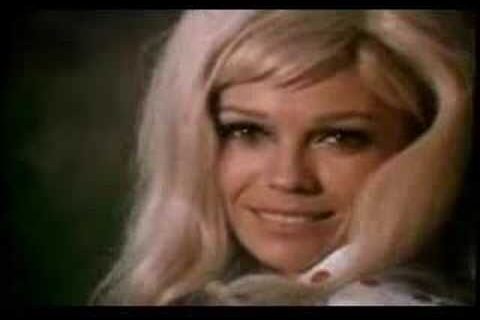
Nancy Sinatra’s “Sugar Town” was airy, breathy, and full of sweetness, but that charm doesn’t translate well today. The lyrics are light to the point of being empty, describing a place where nothing really happens and everything tastes like sugar. Pitchfork once described it as “drifting through a daydream with no destination.” Today’s listeners look for punch, emotion, or at least clever wordplay. “Sugar Town” feels like background music for a scene that never arrives. Its lack of energy and purpose would likely get lost among stronger, more engaging songs that offer a real story or emotional connection.
14. “Traces” – Classics IV
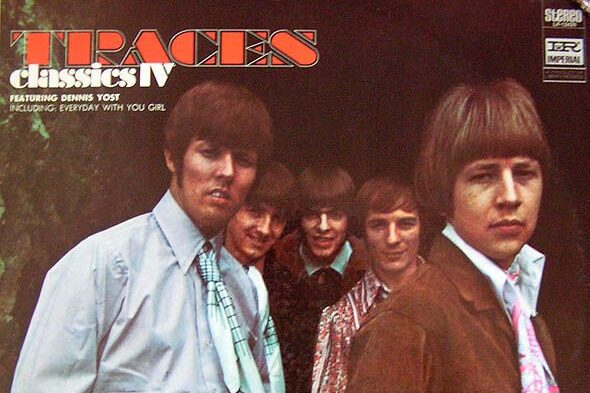
In 1969, “Traces” found success by leaning fully into heartbreak, featuring sweeping orchestration and soft vocals. But now it feels like it’s trying too hard to sound sad. The New York Times once called it “a ballad so slow and syrupy, it practically stops time.” In today’s playlists, breakup songs usually come with grit, introspection, or at least an original angle. “Traces” offers none of that. It’s so drenched in strings and longing that it ends up sounding hollow. Where modern heartbreak songs often empower or explore, this one merely lingers in sadness without giving listeners anything to hold onto.
15. “Young Girl” – Gary Puckett & the Union Gap
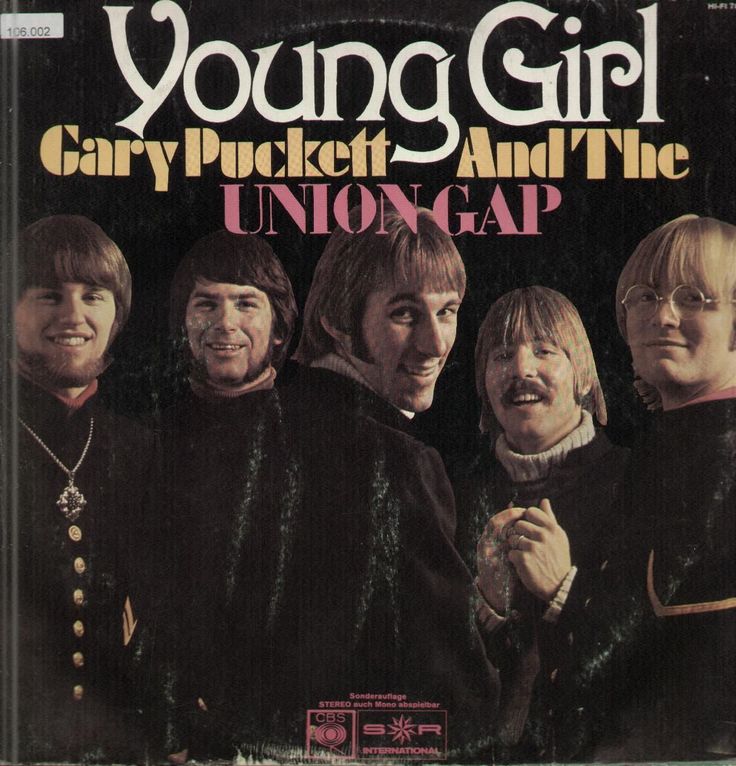
This might be the most glaring example of a song that hasn’t aged well. In “Young Girl,” Gary Puckett sings about falling for a girl who turns out to be underage and pleads with her to leave so he’s not tempted. Rolling Stone put it bluntly: “It’s got a melody and a massive problem.” What was once considered dramatic storytelling now reads as deeply inappropriate. Today, this song would not only flop, it would likely be pulled. The fact that it topped charts says a lot about the times. Looking back, some things are better left in the past.
This story 15 ’60s Songs That Were Hits Then but Would Totally Flop Today was first published on Daily FETCH


